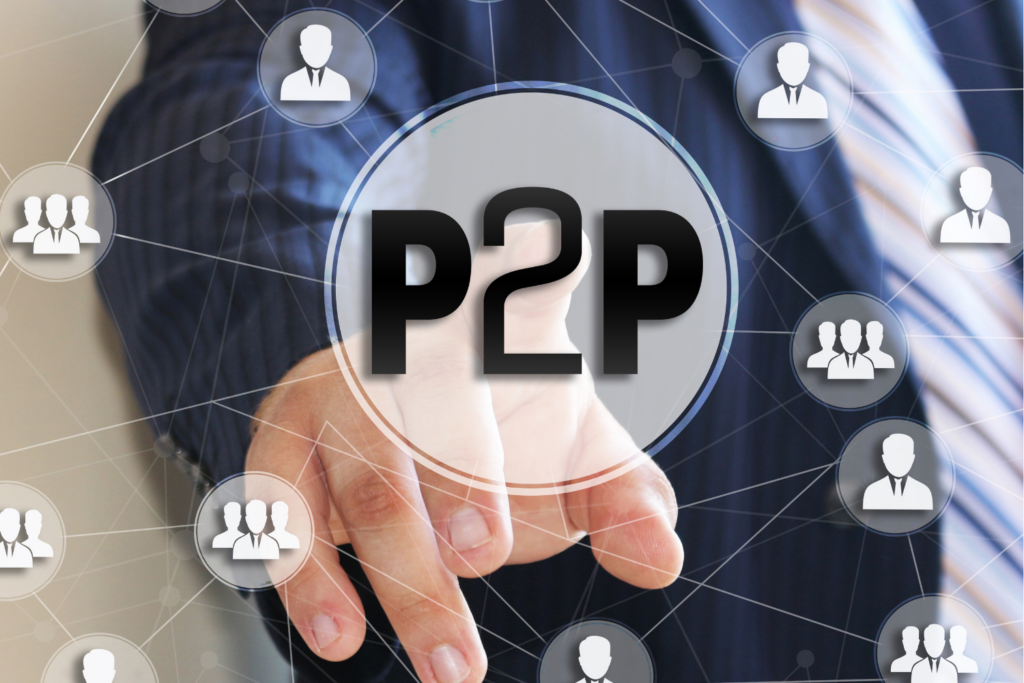
The journey to own a home is a milestone filled with excitement and challenges, with financing being a pivotal part. Navigating through the world of home loans can be daunting, yet it’s an essential step in turning your dream home into reality. This guide dives deep into the realm of home financing, unraveling the complexities of various loan options, and offering savvy tips for aspiring homeowners.
From understanding the nuances of mortgages to uncovering smart saving strategies, this article is designed to equip you with the knowledge to make informed decisions. Whether you’re a first-time buyer or a seasoned investor, mastering the art of financing is key to a successful home-buying experience. Prepare to unravel the intricacies of home loans, learn how to optimize your resources, and step closer to securing your ideal home with confidence and financial savvy.
Contents
Understanding Home Loans: Basics and Options
A home loan, essentially a mortgage, is a financial tool that enables you to purchase a property by paying a portion upfront (the down payment) and borrowing the rest from a lender. This loan is then repaid over an agreed period, typically ranging from 15 to 30 years, along with interest. Understanding the types of home loans available is crucial in making a choice that aligns with your financial situation and goals. Traditional mortgages, usually with fixed interest rates, offer stability in repayments, making them a popular choice among buyers.
FHA loans, backed by the Federal Housing Administration, cater to those with lower credit scores or smaller down payments. Alternatively, adjustable-rate mortgages (ARMs) begin with a fixed interest rate that later adjusts, potentially beneficial for those expecting income growth or short-term ownership. Each type offers unique advantages and limitations, making it vital to assess your needs and financial capability before deciding.
Researching and Choosing the Right Lender
Selecting the right lender is a decision that can significantly impact your financial journey as a homeowner. It’s imperative to research thoroughly and compare options from various lenders, including banks, credit unions, and online lenders. Key factors to consider include interest rates, as they directly influence your monthly payments and the total cost of the loan. Loan terms, which define the repayment period and conditions, are equally crucial.
A shorter term typically means higher monthly payments but lower overall interest, while a longer term spreads out payments but increases the total interest paid. Additionally, customer service plays a vital role – responsive and helpful lenders can make the mortgage process smoother and less stressful. Evaluate lenders based on their reputation, transparency in fees, and the availability of assistance throughout the loan process. Remember, a lender that aligns well with your financial circumstances and preferences can make a substantial difference in your home-buying experience.
HDB Home Loan: A Closer Look
The “HDB Home Loan,” a term more commonly associated with housing loans in Singapore, is designed specifically for purchasing Housing Development Board (HDB) flats. It is a public housing loan scheme offered by the HDB itself, catering primarily to first-time homebuyers or those with more modest financial means. This loan typically offers a more stable and lower interest rate compared to some bank loans, pegged to the prevailing Central Provident Fund (CPF) Ordinary Account interest rate. One key feature of an HDB loan is its higher Loan-to-Value (LTV) limit, allowing borrowers to finance up to 90% of the purchase price or market valuation.
This makes it an attractive option for buyers with smaller savings for a down payment. However, it’s important to note that an HDB home loan is bound by eligibility criteria based on income, citizenship, and other factors. In comparison, bank loans often provide more flexibility but may come with variable rates and stricter loan terms.
Tax Benefits and Incentives for Home Buyers
Navigating the realm of home buying unlocks various tax benefits and incentives that can significantly ease the financial burden. For starters, the mortgage interest deduction allows homeowners to deduct interest payments on their loans from their taxable income, reducing their overall tax liability. Additionally, property tax deductions offer the opportunity to deduct local property taxes paid on the home, further lowering taxable income. First-time homebuyers may also qualify for specific tax credits, providing direct reductions in tax owed, subject to certain conditions and limits.
In some cases, points or origination fees paid during the mortgage process can be deductible. It’s essential to stay informed about these benefits and consult with a tax professional to fully understand eligibility and how to claim these deductions effectively. Leveraging these tax incentives not only provides financial relief but also makes the goal of owning a home more achievable.
Preparing for the Home Loan Application Process
The home loan application process, while daunting, can be navigated smoothly with careful preparation. Start by reviewing your credit report and score, as these are critical factors in loan approval and determining interest rates. Ensure your credit history is accurate and take steps to improve your score, such as paying down debts and avoiding new credit lines. Gather necessary documentation, including proof of income, employment verification, tax returns, and bank statements, to expedite the process.
Evaluate your budget to determine a realistic loan amount, considering not just the mortgage payment but also associated costs like insurance and taxes. It’s also wise to get pre-approved for a loan, which gives you a clear idea of what you can afford and strengthens your position when making an offer on a home. A well-prepared application, backed by solid financial planning, sets the stage for a successful home buying experience.
Smart Saving Tips for Potential Home Buyers
Saving for a down payment is often the first hurdle in the home-buying journey. Start by setting a clear, realistic saving goal based on your desired home price and the standard 20% down payment. This helps in minimizing loan costs and potentially avoiding Private Mortgage Insurance (PMI). Creating a budget that tracks your income and expenses is vital. Look for areas where you can cut back, such as dining out, subscriptions, or luxury items, and redirect these funds to your savings.
Consider setting up an automatic transfer to a dedicated savings account to ensure consistent savings. Exploring additional income streams, like a side hustle or overtime work, can accelerate your savings progress. Also, investigate first-time homebuyer programs and grants that can provide assistance with the down payment. By being disciplined and creative with your finances, the goal of owning a home becomes increasingly attainable.
Once your home loan application is submitted, the approval process begins. This involves the lender reviewing your financial documentation, credit history, and the property details. Approval time can vary, but you can expect to hear back within a few weeks. Upon approval, you’ll receive a loan estimate detailing the terms, interest rate, and closing costs. It’s essential to review these terms carefully. Next, comes the home appraisal and possibly a home inspection, ensuring the property’s value and condition align with the loan amount.
The final step is the closing process, where you’ll sign various legal documents, including the mortgage agreement. Be prepared for closing costs, which typically range from 2% to 5% of the loan amount, covering fees for appraisal, title search, and other administrative expenses. Once all documents are signed, and closing costs are paid, the home officially becomes yours, marking the end of your home-buying journey.
Final Word
In conclusion, navigating the home financing landscape requires a blend of diligent research, prudent saving, and a thorough understanding of the various options available. From discerning the right type of home loan to mastering the art of saving for a down payment, each step is pivotal in the journey towards homeownership. Embrace the process with a well-informed mindset, taking advantage of tax benefits and being prepared for the loan application and approval phases.
The path to financing your dream home is not just about securing funds; it’s about making smart financial decisions that pave the way for a secure and rewarding future. Approach this significant milestone equipped with knowledge, preparedness, and a clear vision of your homeownership goals.
Featured Image Credit: Deposit Photos





